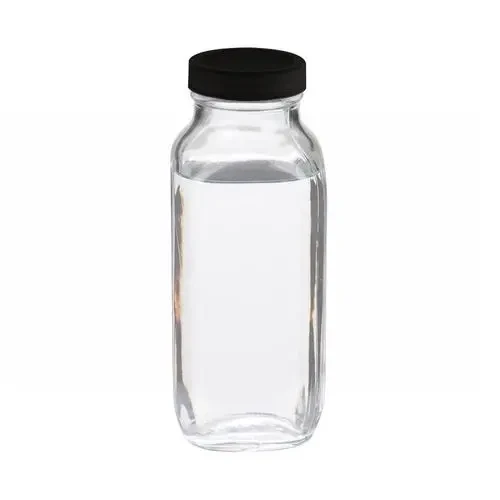Chemicals Used in Wastewater Treatment
Wastewater treatment is an essential step in maintaining environmental health and protecting public safety. It involves the removal of contaminants from wastewater, making it safe for discharge into the environment or for reuse. Various physical, biological, and chemical processes are employed in wastewater treatment, and chemicals play a significant role in enhancing these processes. This article will explore the key chemicals used in wastewater treatment, their functions, and their implications for environmental sustainability.
1. Coagulants and Flocculants
Coagulation and flocculation are critical processes in the treatment of wastewater. The primary purpose of coagulants is to destabilize suspended particles, allowing them to clump together (or flocculate) and settle out of the water. Common coagulants include
- Aluminum Sulfate (Alum) One of the most widely used coagulants, alum works effectively in neutralizing charges on particles, promoting the formation of larger flocs. - Ferric Chloride This coagulant is particularly effective for removing phosphorus and heavy metals from wastewater. It is frequently used in municipal wastewater treatment plants.
- Polymer Coagulants Synthetic organic polymers can enhance the coagulation process, improving floc formation. They are often used in conjunction with inorganic coagulants to achieve better results.
2. Disinfectants
Disinfection is a crucial step in wastewater treatment, aimed at eliminating pathogenic microorganisms before the treated water is released or reused. Common disinfectants include
- Chlorine Widely used due to its effectiveness, chlorine can be applied as gas or in liquid form. While it effectively kills bacteria and viruses, it may lead to the formation of harmful disinfection byproducts.
- Chloramines These are formed by combining chlorine with ammonia and are often used as a secondary disinfectant to maintain bacterial control in the distribution system.
- Ultraviolet (UV) Light UV disinfection uses light radiation to inactivate microorganisms. It is environmentally friendly and does not produce harmful byproducts, making it an attractive alternative to chemical disinfectants.
- Ozone Ozone is a powerful oxidant that can effectively disinfect water without leaving harmful residues. However, its use requires careful control due to its reactive nature.
3. pH Adjusters
what chemicals are used in wastewater treatment

The pH of wastewater can significantly affect the efficiency of various treatment processes. Adjusting pH is often necessary to optimize coagulation, disinfection, and biological treatment. Common pH adjusters include
- Sodium Hydroxide (Caustic Soda) Used to raise the pH of acidic wastewater, promoting the efficiency of coagulation and flocculation processes.
- Sulfuric Acid Employed to lower the pH of alkaline wastewater, ensuring optimal conditions for biological treatment.
4. Nutrient Additives
In biological treatment processes, particularly in activated sludge systems, nutrients such as nitrogen and phosphorus are often limited. To support the growth of microorganisms that break down organic matter, nutrient additives may be necessary
- Ammonium Salts These provide the necessary nitrogen for microbial growth.
- Phosphates Often added to promote the growth of phosphorus-accumulating organisms, enhancing nutrient removal.
5. Miscellaneous Chemicals
Various other chemicals are used in wastewater treatment processes to tackle specific challenges. For example
- Defoamers These chemicals help control foaming during aeration processes, improving the efficiency of treatment.
- Odor Control Agents Chemicals such as sodium hypochlorite may be used to mitigate odors emanating from wastewater treatment plants.
Conclusion
The use of chemicals in wastewater treatment is vital for achieving effective and efficient processes. From coagulants and disinfectants to pH adjusters and nutrient additives, each chemical serves a unique purpose in ensuring that wastewater is treated to meet regulatory standards and protect public health. However, the selection and application of these chemicals must be handled carefully to minimize environmental impacts, promote sustainability, and maintain the delicate balance of aquatic ecosystems. As technology advances, the wastewater treatment sector continues to explore new chemical options and methods to improve treatment efficiency while reducing potential negative effects on the environment.

